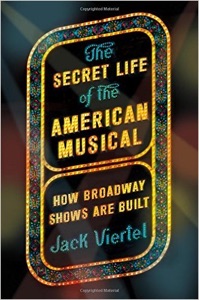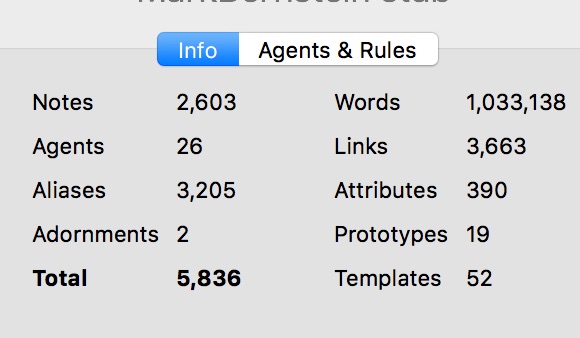It’s really hard to help Wikipedia, even if you want to. And since Gamergate is trying vary hard to get rid of me at Wikipedia, with plenty of help from various Wikipedia administrators, it’s a mystery why I’d want to help.
Still, yesterday afternoon I happened across a death threat directed at a Wikipedia administrator — a threat that posited my own demise as a potential bonus. It was the usual rot, though it had some circumstantial details that might conceivably suggest some knowledge of my travel plans. I grabbed a screen shot, deleted the threat, and notified the primary victim, the Wikipedia emergency address (which must be notified regarding threats) and the oversight department.
Since then, about 18 hours have elapsed. Here’s what I’ve received:
- Promptly: a six-word acknowledgment from the Wikipedia emergency account: “Thanks Mark, we're looking into it.”
- 12 hours later: an email from the oversight account - responsible for deleting threats and libel – that the threat had been erased.
That’s it from Wikipedia. Isn’t that terrific?!
The primary target filed a report with Comcast, the miscreant’s ISP. They answered promptly that “We are a legal compliance department of Comcast providing responses to subpoenas and search warrants from law enforcement. Unfortunately, as such we are unable to take any action with your request. This is a matter that you should report to your local police authority.”
Writing about Gamergate, I’ve adopted an orotund, Miltonian manner. Partly this is for fun, and to make fun of Gamergate’s illiteracy. “Wikipedia is all bias,” Gamergate complains again and again; they’re a movement that has lost its past participles along with its present principles.
Partly, the style a concession to some Wikipedia administrators who greatly prefer euphemism to plain speaking. My many troubles began when I observed that people who support or excuse rape threats are supporting and excusing rape; this is true but, I admit, it's not very friendly. Milton’s example of allusive indirection keeps me out of trouble. Milton wrote with sympathy but without approval of another very bad crew – a bunch who wanted to wreak havoc for lulz; Wikipedia needs to be reminded time and again that some compromises are intolerable; you either call a software developer a prostitute, as Gamergate so frequently wants, or you don’t.
Wikipedia places a high value on assuming good faith, and when it comes to assuming good faith, it's hard to beat the man who wrote:
When I consider how my light is spent
Ere half my days in this dark world and wide,
And that one talent which is death to hide
Lodg'd with me useless, though my soul more bent
To serve therewith my Maker, and present
My true account, lest he returning chide;
“Doth God exact day-labour, light denied?”
I fondly ask. But Patience to prevent
That murmur, soon replies: "God doth not need
Either man's work or his own gifts; who best
Bear his mild yoke, they serve him best. His state
Is kingly. Thousands at his bidding speed
And post o'er land and ocean without rest:
They also serve who only stand and wait.
And after all, what is the subject of Paradise Lost if not the limits of assuming good faith?
But, seriously, this is a hell of a way to treat a volunteer, especially one who is trying (with very indifferent success) to limit the use of Wikipedia for threatening Gamergate’s victims.

